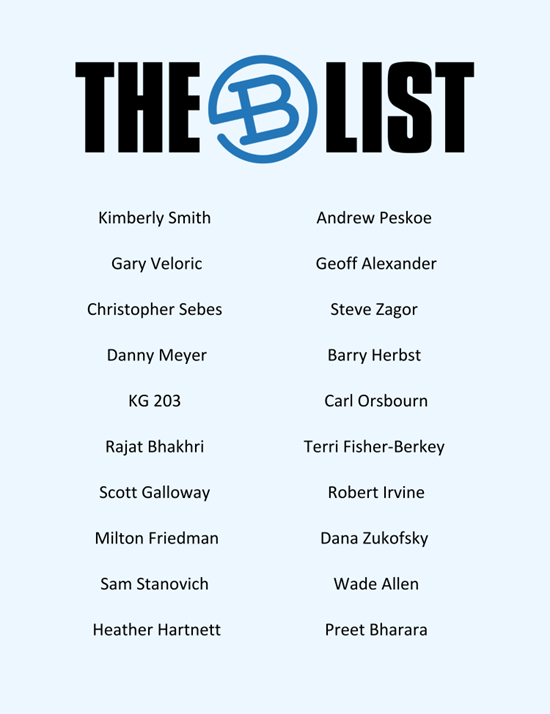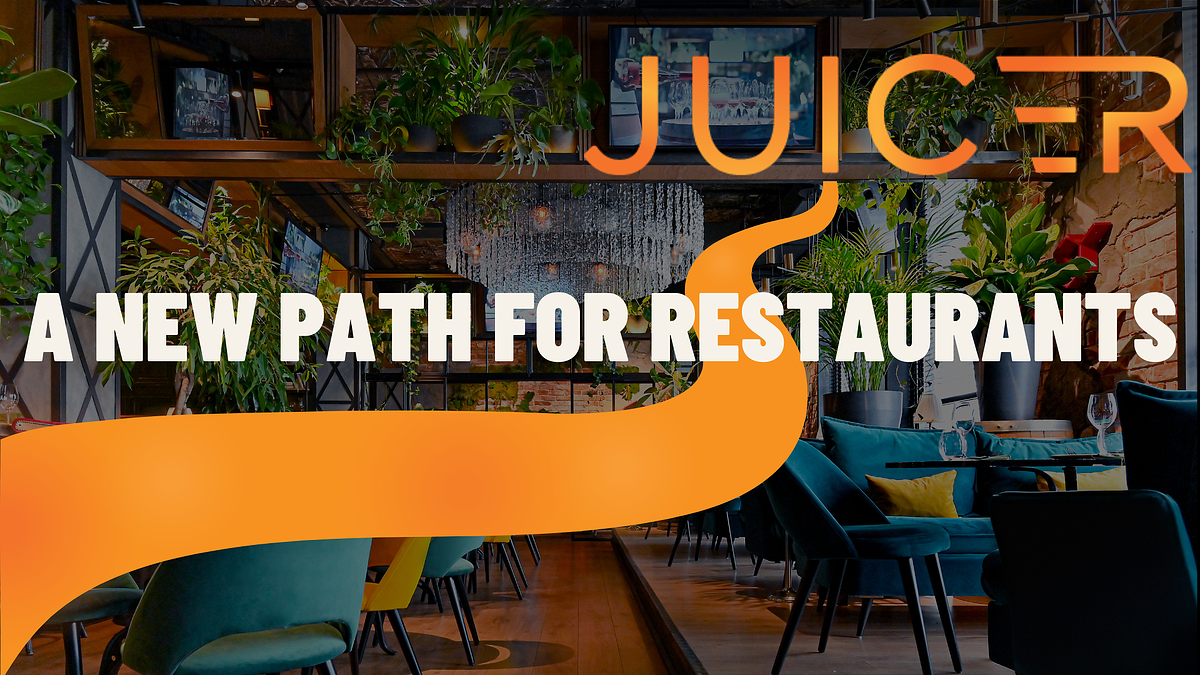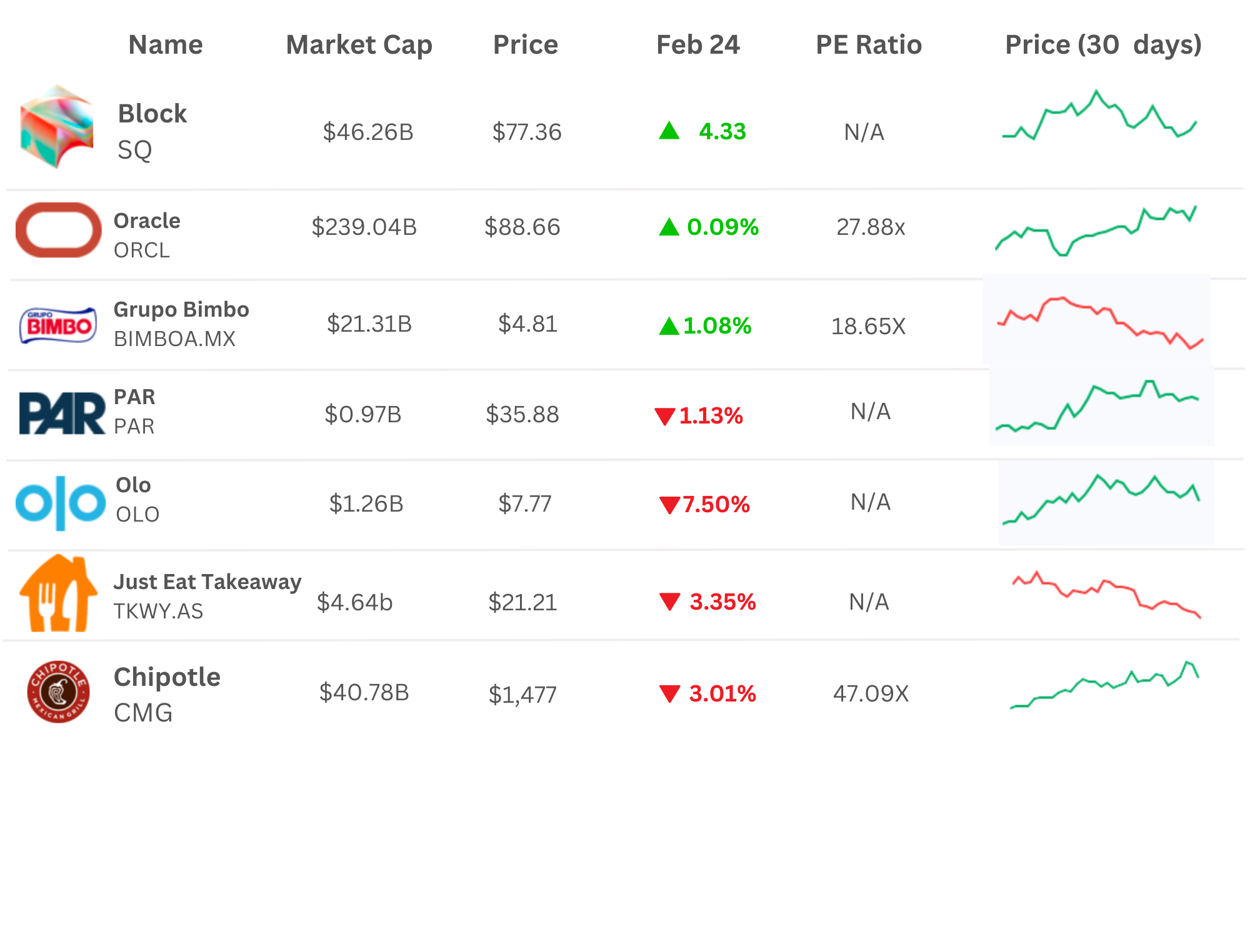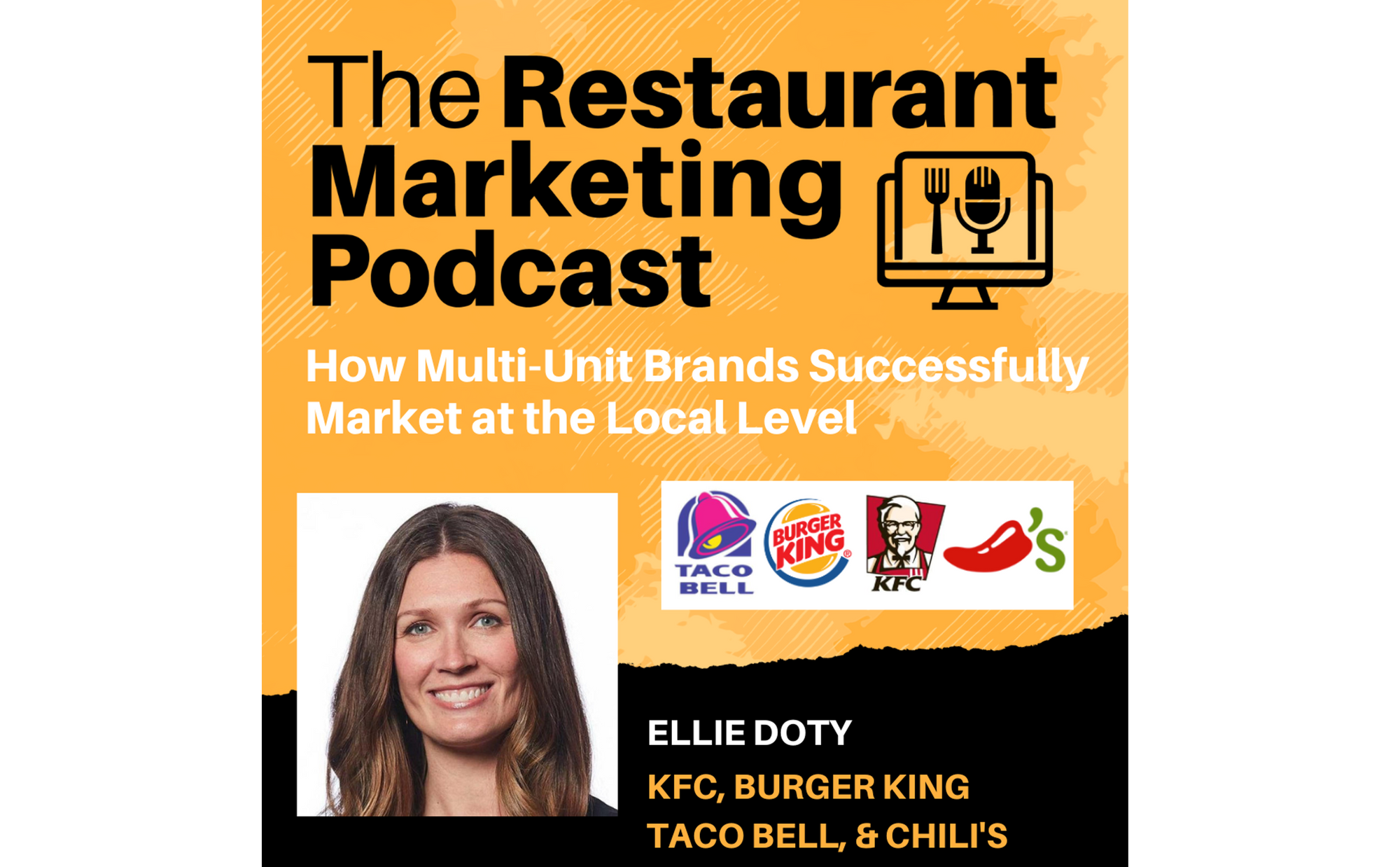Friends of Branded!
Happy Saturday!
You know the quote – “I feel the need, the need for speed.” In 1986, Maverick (Tom Cruise) and Goose (Anthony Edwards) immortalized those words on the tarmac of the Navy’s Elite Fighter School at Miramar in San Diego in the original Top Gun.
There’s a statistic that is often repeated, without attribution, that the film Top Gun led to a 500% increase in Naval recruiting. Whether that spike in enlistment is true or not I will leave to others, but I don’t think anyone would disagree that the film did bring a tremendous amount of public awareness to the US Navy.
You also all know another quote – “speed kills.” While there’s a film called Speed Kills with John Travolta that came out in 2018, with a Rotten Tomatoes score of 0% and an audience review score of 29%, I’m not going to spend any time on that movie.
What you may not know about the expression “speed kills” is that it was NOT said about the dangers of speed, but rather the power of it. The saying was originated by the ultimate (Oakland, Los Angeles, Las Vegas) Raider, Al Davis, who uttered the words “speed kills” with respect to speed being a skill you CAN’T teach. Everything else in the game, Davis said, can be taught, but “speed is a gift from God.”
Despite the quote from the leader of Raider-Nation, the expression “speed kills” is more commonly said in reference to crashes at higher speeds being more forceful and thus more likely to be fatal. With respect to work, "speed kills" usually refers to a job, task or project that is rushed or done too quickly that as a result is more likely to be prone to errors and mistakes.
For as long as I can remember, a great deal of attention in the foodservice and hospitality industry has been focused on speed. Ironically, it was also in 1986 that Domino's scaled back its “30 minutes or it's free” guarantee as a result of a $78mm lawsuit against the company. This guarantee had been in place since 1979 when this pizza juggernaut had 287 stores in place and introduced the “30-minutes or it’s free” guarantee. Prior to that, and in the mid-70s, Domino’s issued its first delivery guarantee: “a half hour or a half dollar off.” The 30-minute guarantee contributed to the tremendous growth of Domino’s and this once small chain finished the decade with 5,000 stores.
It's therefore absolutely fair to stipulate that speed, in the foodservice and hospitality industry, matters. It matters a lot. But does it matter more than other things?
Branded loves playing its own variation of the Family Feud game, although we call it the “Food Service Feud” (any resemblance to the game show Family Feud is completely coincidental despite my just admitting that we’re imitating Family Feud; this disclaimer provided was by my attorney, George Santos).
We run surveys each week on LinkedIn and always ask the guests on our podcast, the Hospitality Hangout, to rank answers to our questions. So let’s play a quick game here, and we've got the top three answers on the board. What is most important to you about your food delivery? Specifically, where does speed rank? Price? Quality of the food? Like most things, I expect it’s a combination of these as well as other things, but if the food arrives FAST, and it tastes like #@%$, are you satisfied? Will you order from this restaurant again?
That’s always been one of Branded’s obsessions when we looked at the ultra-fast grocery delivery segment of the market, or the proliferation of virtual restaurants, virtual kitchens, dark kitchens or ghost kitchens (that segment goes by more names than the band Jefferson Starship).
There were/are also some companies that are so obsessed with speed that their focus is placing the manufacturing facility (aka: kitchen) as close as possible to the guests to ensure the fastest delivery. But is this obsession with speed incongruent with food quality, and the importance of consistency or both?
The first vertical Branded focused on when we launched our investment platform was the off-premise omnichannel. Why, you ask? It dates back to when Branded’s restaurants first got involved with Seamless Web (that’s right, the name of the original company was Seamless Web and it was a solution to reign-in and bring order to the chaos associated with corporate meals in the evenings and on the weekends) when one of our NYC restaurants joined the platform. (Fun fact, it was actually I, the Finance Guy, who called Schatzy, the Restaurant Guy, to get our restaurants on the platform so I could place orders for my corporate employees at the time.)
To enroll with Seamless we needed to secure a fax machine and Seamless charged us a 5% commission. At the time, our delivery sales were less than 1% of our revenues, so we viewed working with Seamless as FREE MONEY.
Today, online restaurant ordering accounts for about 40% of total restaurant sales or $22.4bn in 2021 according to Bloomberg and has grown 300% faster than dine-in sales since 2014. CB Insights forecasts that the food delivery market size will grow to $320bn by 2029.
The debate about the future of the delivery market is a good one, but that is not the point of the top-of-the-fold section this week. Yes, the fees associated with delivery are impacting both restaurants and their guests. Some cities are capping the fees or commissions delivery service companies can charge (a blow to my belief in free-market capitalism or free-market fundamentalism). There are also concerns or issues around classifications of workers when it comes to delivery drivers. But again, the delivery debate is NOT the focus of this week’s contribution. 😊
What is lost in the obsession with speed is the quality of the food and whether it’s meeting or exceeding the expectations of the guests. I don’t like to say things like “cheap” or “expensive.” I think it’s all about “value.” Does the guest feel they received value in the meal they just received for the money they paid?
Our relationship with food is extremely personal, multifaceted and complex. We want different experiences depending on countless factors and we have an emotional connection with food and dining experiences. I believe one of the greatest challenges between the restauranteur (or the grocer) with the delivery service provider is the disconnect when it comes to the quality of the food vs the speed of the delivery. To truly win in the delivery game, we’re going to need to satisfy all three parties: the restaurants, guests and delivery companies. And how can this "seamless" symbiotic relationship be achieved? Well, I believe that requires the hospitality experts to work with the delivery experts.
Bold statement coming – if you want to win in the tech & innovation game for the foodservice and hospitality industry, engage with foodservice and hospitality experts. Like so many other industries, you can learn about its history, current trends, best practices and challenges from a book, articles and now of course from ChatGPT, but none of that will give you a real understanding or feel for the nuances, workflow, processes and friction that makes this industry so unique. How unique you ask? What other industry do you know has the manufacturing facility and retail storefront a wall or in some cases, not even a wall, separating them? That’s unique!
Branded’s DNA comes from our being restaurant owners and operators. We invest in emerging technology and innovation that will help improve margins and create efficiencies for owners & operators. As restaurant people, we’re obsessed with the quality of the food, the experience and the value our guests perceive from their dining experience with us (in-store and off-premise).
Yes, speed matters, of course it does! But your guests are NOT going to re-order or come back if they don’t enjoy your food. Technology can and will play a key and supporting actor here, but all the tech and logistical enhancements are NOT going to turn a bad meal into a good one. Technology and innovation alone will not replace culinary integrity, experience and expertise. Technology needs to be embraced as a key asset and it will contribute to the improvement of the guest experience, but just getting food out fast is not a sustainable strategy unless the meal and experience are deemed to have value to the guest. That's the balance we, as an industry, need to strike.


MARKET COMMENTARY
Articles that caught my eye combined with some Branded commentary and insights.
The truth is, we don’t know what impact AI is going to have on our lives and work, but I fully expect it will be substantial. What caught my eye in this article was something akin to one of Aesop’s Fables The Boy Who Cried Wolf. This article from the WSJ highlights how investors have poured $2.6bn into 110 generative AI-focused start-ups in the US (according to CB Insights).
The article goes on to quote Brianne Kimmel, the founder at Worklife Ventures, “a lot of investors are saying ‘I might sit out this trend, b/c if all these companies are going to be built on top of ChatGPT, then it’s harder to find a winner.” Some AI veterans worry that AI is in danger of “becoming the latest in a string of empty buzzwords.” Matt Moberg, an SVP at Franklin Templeton Investments says “it reminds me of pretty much everything else that goes up and down the hype cycle. With the launch of OpenAI we are at peak hype. It was metaverse before that cannabis before that, Five years ago it was 3-D printing.”
The concerns are of course justified, but you can’t ignore the shift in talent and capital from tech giants into the AI space. You also can never rule out the power of FOMO (‘fear of missing out’). VCs are compensated handsomely NOT to miss out on the next big thing and it’s hard to argue that generative-AI is anything other than the “it” thing everyone is currently talking about.
Like most things in life, Branded is looking at AI in moderation. We love how many of our existing portfolio companies are leaning into this space and leveraging AI to address real-life challenges, opportunities and problems for hospitality operators. From that standpoint, generative AI appears to be a most important input for emerging tech & innovation companies to create incremental value for the industry.

I’m not 100% certain, but I’m confident this is the first time I included an article from The San Diego Union-Tribune and to be clear, I really enjoyed this article by Neil Senturia.
Neil begins the article with a “confirmation bias” that explains how investing in a start-up with the hope of it becoming a unicorn is statistically superior to buying a lottery ticket (0.002% chance of investing in a unicorn versus 0.000001% of winning the lottery).
The article goes on to talk about the stated goal of venture capitalists is to invest in a company that becomes a unicorn. For avoidance of any doubt, Branded goes out of its way to say that we’re NOT unicorn hunters. Don’t get me wrong, I’d love to have a unicorn, but the roadmap to such an outcome has such a low probability, that it's not aligned with our obsession to work with emerging tech and innovation that can help operators right now. I’ve been told that if you can see the problem an emerging tech platform can address, as a VC, you’re too late. I’ll respectfully disagree with such a notion, but I also respect that each and every investment platform should play to their strengths and areas of expertise.
What I enjoyed most about the article was the reference to Wharton Professor Ethan Mollick’s new book, “The Unicorn's Shadow.” The book’s thesis is that “not every start-up was created by a hoodie-wearing genius.” Mollick contends this “start-up monomyth” creates adverse outcomes.
And this was the line that sealed this article's inclusion in The Branded Weekend Update this week: “...play to your strengths, where you have an unfair advantage in terms of knowledge or skills or relationships. The game is hard enough without going all in and betting against the macro. Remember, the hotels in Las Vegas were not built because most of the guests were winners.” And finally, “blank the unicorns and the horse they rode in on.” Well said Mr. Senturia, well said.

TECHNOLOGY
Branded's newest partner Juicer is helping restaurants implement dynamic pricing, a concept that has been adopted in other industries for some time now. Dynamic pricing in a restaurant refers to adapting menu prices based on a variety of differing factors such as time of day, day of the week, season, demand, competitor pricing, and inventory levels. Dynamic pricing aims to optimize revenue and increase profits by charging higher prices during peak demand periods and even lower prices during shoulder periods or for ordering ahead.

JUICER uses proven data science to determine the optimal price, per location, per menu item at any given time. Pricing is implemented within an agreed range so that no unexpected surges unsettle guests or impact the customer experience. For example, some restaurants demonstrate a few price changes a week across specific items, whereas others may have several changes a day across the entire menu. In all cases, JUICER updates prices directly into your current stack, making intelligent pricing hassle-free, without any impact to your valuable resources - allowing them to focus on what they do best - creating great food and giving fantastic service.
Qualified restaurant groups with 20 units or more that sign with JUICER prior to September 30, 2023 will receive a money-back guarantee!
FINANCE & DEALS
If you've been sitting on the sidelines with cash, waiting for the right time to invest in the stock market, it can be difficult to know when to make your move. With the market constantly fluctuating, it can feel risky to jump in at any given moment. However, leaving your cash on the sidelines can also mean missing out on potential gains. The key is to have a solid investment strategy and to approach the market with patience and discipline.
Check out this article with tips on how to put your cash back to work in the market, while minimizing your risk and maximizing your potential returns.
How to put cash you’re keeping on the sidelines back to work in the market
For Key Takeaways Click Here:
- Volatile markets have led to a boom in money market fund assets as investors weigh the risks of stocks and bonds.
- Investors are exhibiting caution by keeping money on the sidelines.
- It may be time to consider ways to put that money to work to help achieve the financial goals that matter most to you.
Restaurant Industry Movers in the Market
—Data as of 2/24/23

BUSINESS
Team, Product and Market - the three crucial elements of every startup. It's no coincidence that two of the three essential components are in the vital business concept, Product-Market Fit. If you're a founder I bet you know this term quite well and if you don't, it's time to get acquainted. Regardless of someone's role, having a deep understanding of this concept is crucial to the success of your business and your employees. I say employees because your team (yes I'm now creatively looping "team," the third element in here) needs to know your customers just as well as you do. As I say to my team "close the loop" but more importantly "keep everyone in the loop."
Marc Andreessen, startup coach wrote that, "Product-market fit means being in a good market with a product that can satisfy that market." So how do you know if you've achieved product-market fit? Ask yourself these three questions:
- Is the product creating organic growth?
- Do people find your product valuable enough to invest in?
- Are customers spreading the word about your product on their own?
If you've answered yes to all three, then you've won the jackpot. If not, don't get deterred, put in the work, stay focused, and keep your eye on the prize. That being said, I'll leave you with this quote by Jordan Belfort, “The best way to sell something: don’t sell anything. Earn awareness, respect and trust of those who might buy.”

PODCAST
Tuesday, February 21st- Hospitality Hangout: In the latest episode of The Hospitality Hangout, Michael "Schatzy" Schatzberg “The Restaurant Guy” and Jimmy Frischling “ The Finance Guy” chat with Anton Nicholas, Managing Partner at ICR.
ICR is an integrated communications firm. Nicholas says, “We do everything from public company investor and public relations to private company consumer public relations and brand public relations. We also do a ton in the transaction support world and crisis communications.” Nicholas is responsible for managing the firm’s consumer corporate and financial communications practice as well as the ICR Lifestyle Lab, ICR’s consumer and brand public relations practice.
Listen to the full episode on Spotify, Google Podcast, Apple Podcasts, or Amazon Music


Are you looking for a tech solution? A new partnership? Or maybe an easy way to build your tech stack??? Check out BOOM a food service marketplace!
BOOM a food service marketplace! is a digital ratings and review platform providing best in class technology, innovation, professional services and suppliers for the entire spectrum of the hospitality industry.
Want to learn more? Click HERE or contact us at boom@brandedstrategic.com
IN THE NEWS
Hospitality Tech and F&B Innovation IN THE NEWS:
We love to highlight Food Service & Hospitality news, especially when it’s Partners & Friends making it!
- Chowly: Chowly’s New Restaurant Control Center Unlocks Business Growth for Restaurant Owners
- Ecotrak: Winter 2023 High Performer badge for Asset Management by G2
- Gotab: GoTab and PourMyBeer Integration
- Ovation: How To Generate “Results Thru Strategy” With Fred LeFranc
- Juicer: JUICER Launches C3PO
- Mighty Quinn's: Here Are The Businesses Coming to Beacon Square on Riva Road
And in other News…please see some of the stories that caught our attention and that we’re paying attention to. This week was loaded with headlines and news!!
- Entrepreneur: More Restaurants Embrace Subscription Model to Drive Revenue and Retain Customers
- Fast Company: Uber unveils a new redesigned app that’s personalized to you
- PYMNTS: Olo Turns to Drive-Thru in Bid for ‘Digital Entirety’
- Supply Chain Dive: Target plans $100M investment to expand next-day delivery
MARKETING
🍗🌮🍔🌶You know that scene in "The Matrix" when they download how to fly a helicopter right into Trinity's brain and in a matter of moments, she knows how to expertly pilot one?
Would you like the same thing to happen for you with multi-unit restaurant marketing strategy?
Check out the latest episode of The Restaurant Marketing Podcast where I had the chance to interview master marketer Ellie Doty from High Impact Marketing (formerly KFC, Taco Bell, Burger King & Chili's) about successful restaurant marketing.
She shared incredible strategies, tactics and tips for brands of all sizes and types. Its a 30 minute master class in Restaurant marketing!!
Check it out now! https://www.podbean.com/media/share/pb-h3fj5-139cf20
Thanks!
Rev Ciancio

That’s it for today! I wish you a wonderful weekend!
See you next week, same bat-time, same bat-channel.
It takes a village!
Jimmy Frisch & Julia Suchocki
Branded Hospitality Ventures
jimmy@brandedstrategic.com & js@brandedstrategic.com
235 Park Ave South, 4th Fl | New York, NY 10003
Branded Hospitality Ventures ("Branded") is an investment and advisory platform at the intersection of food service, technology, innovation and capital. As experienced hospitality owners and operators, Branded brings value to its portfolio companies through investment, strategic counsel, and its deep industry expertise and connections.
Learn more about Branded here: Branded At-A-Glance_Feb 2023


